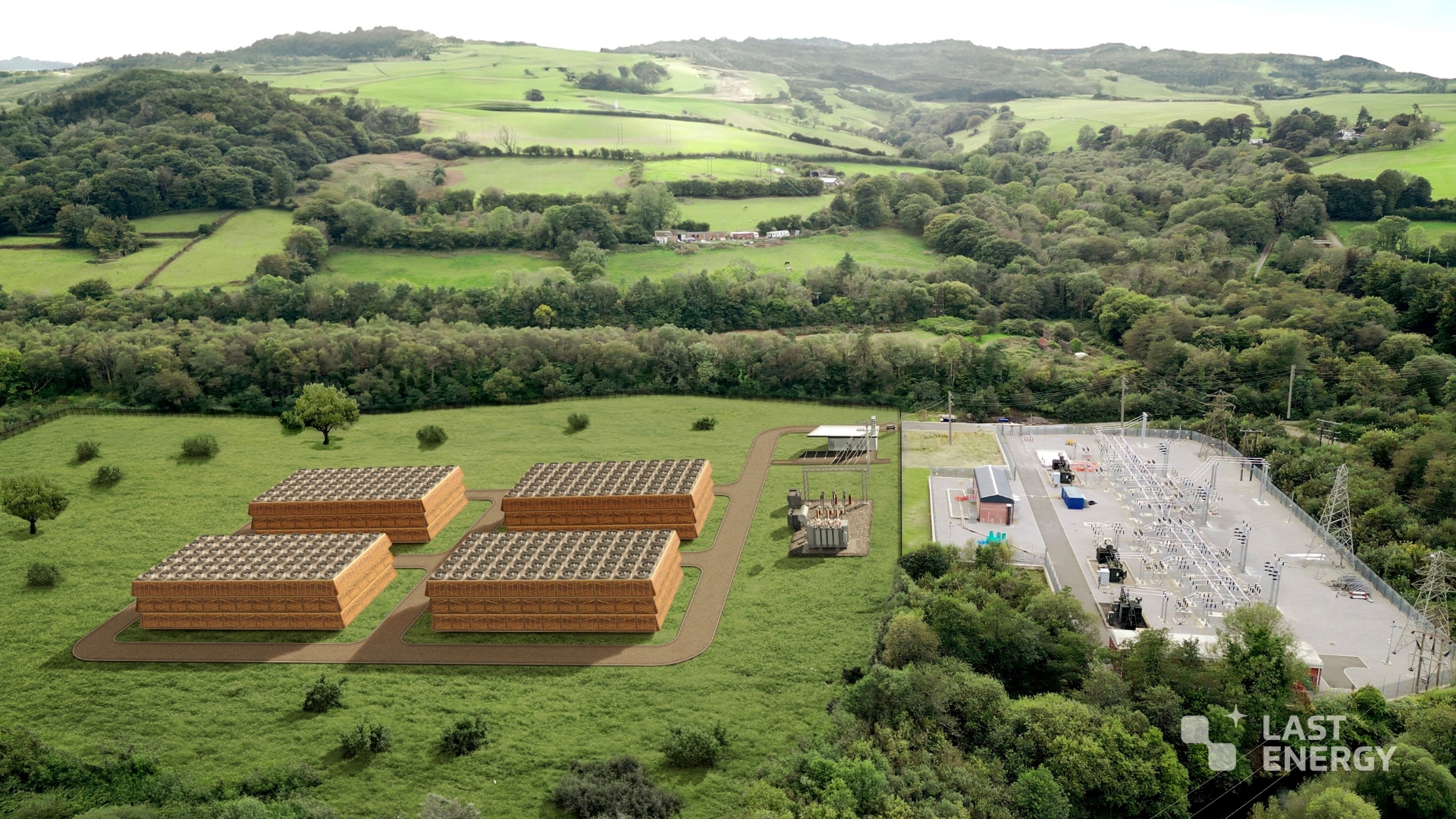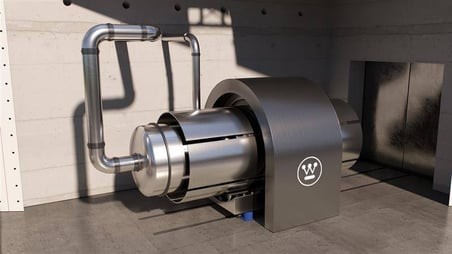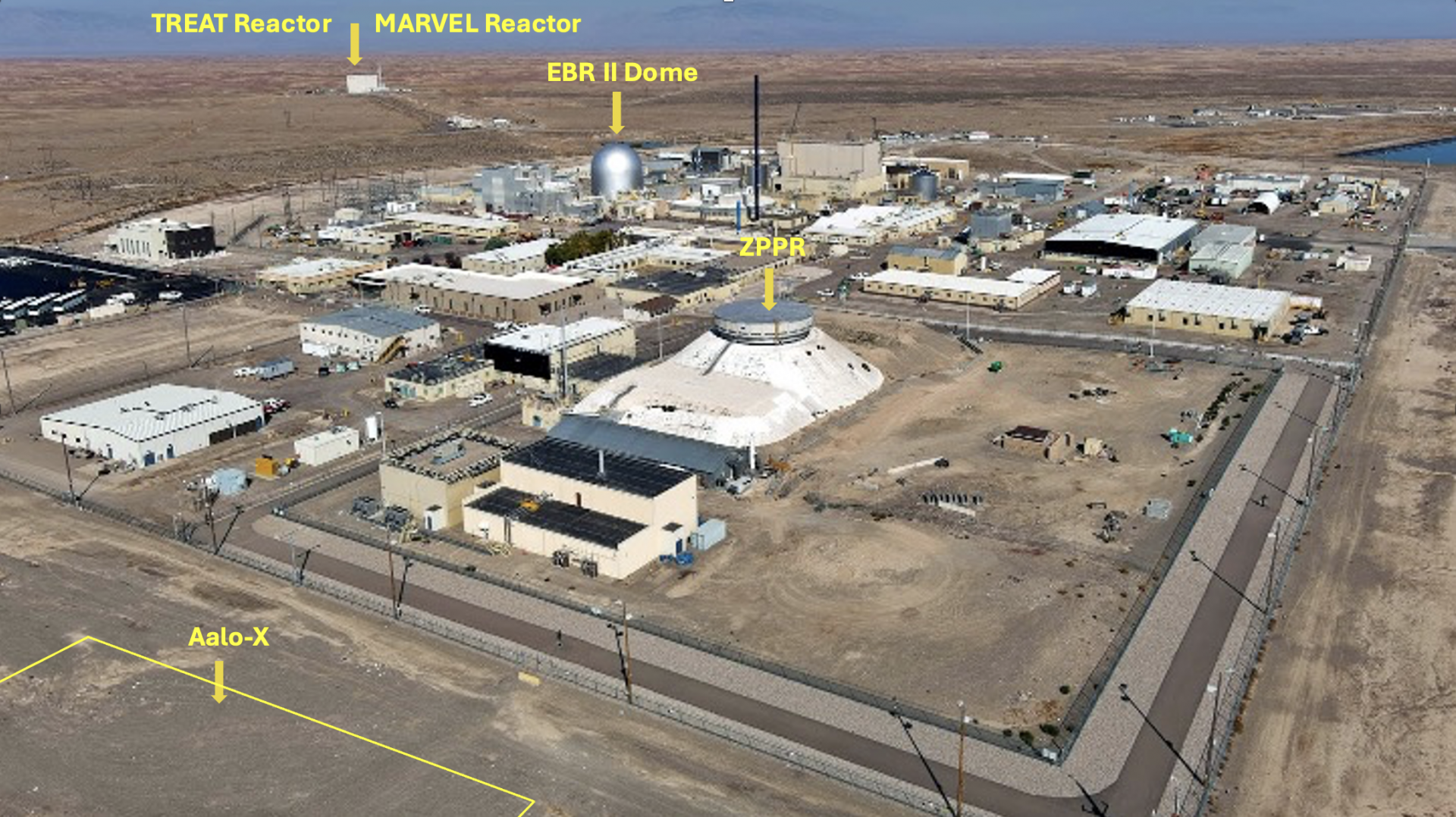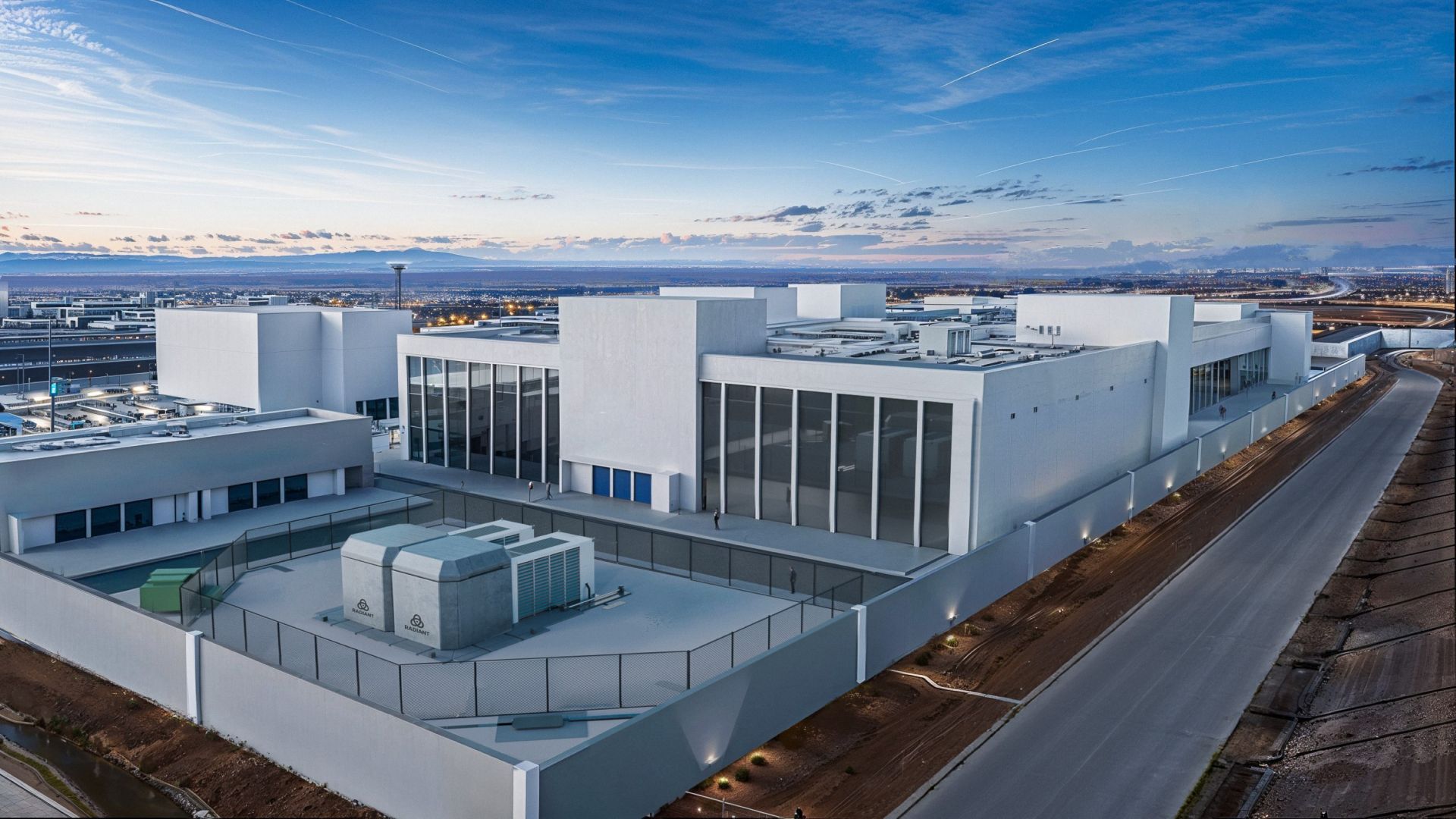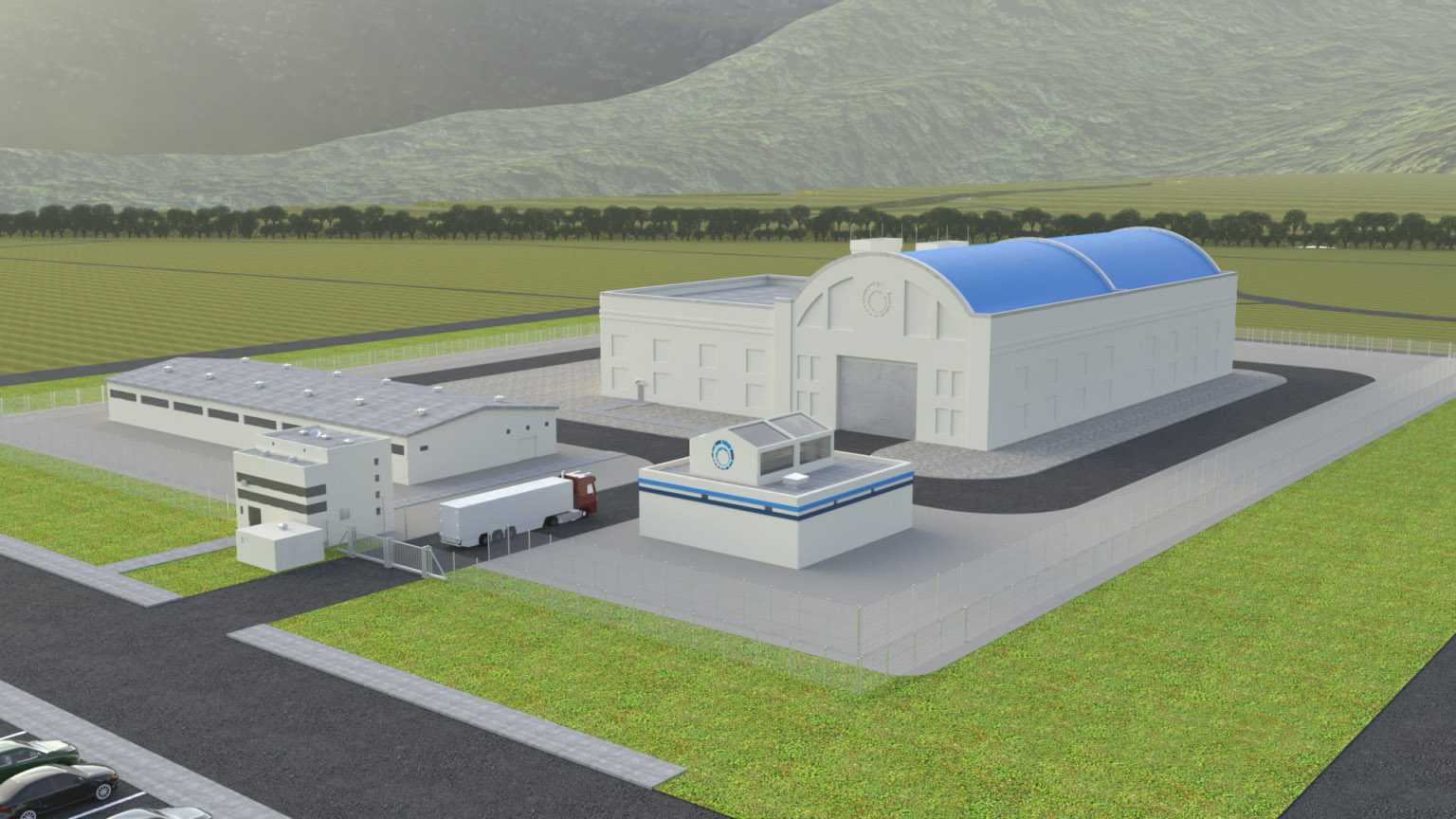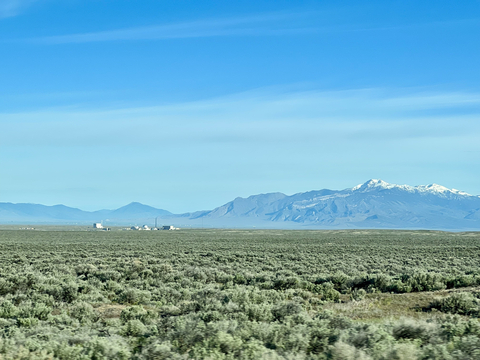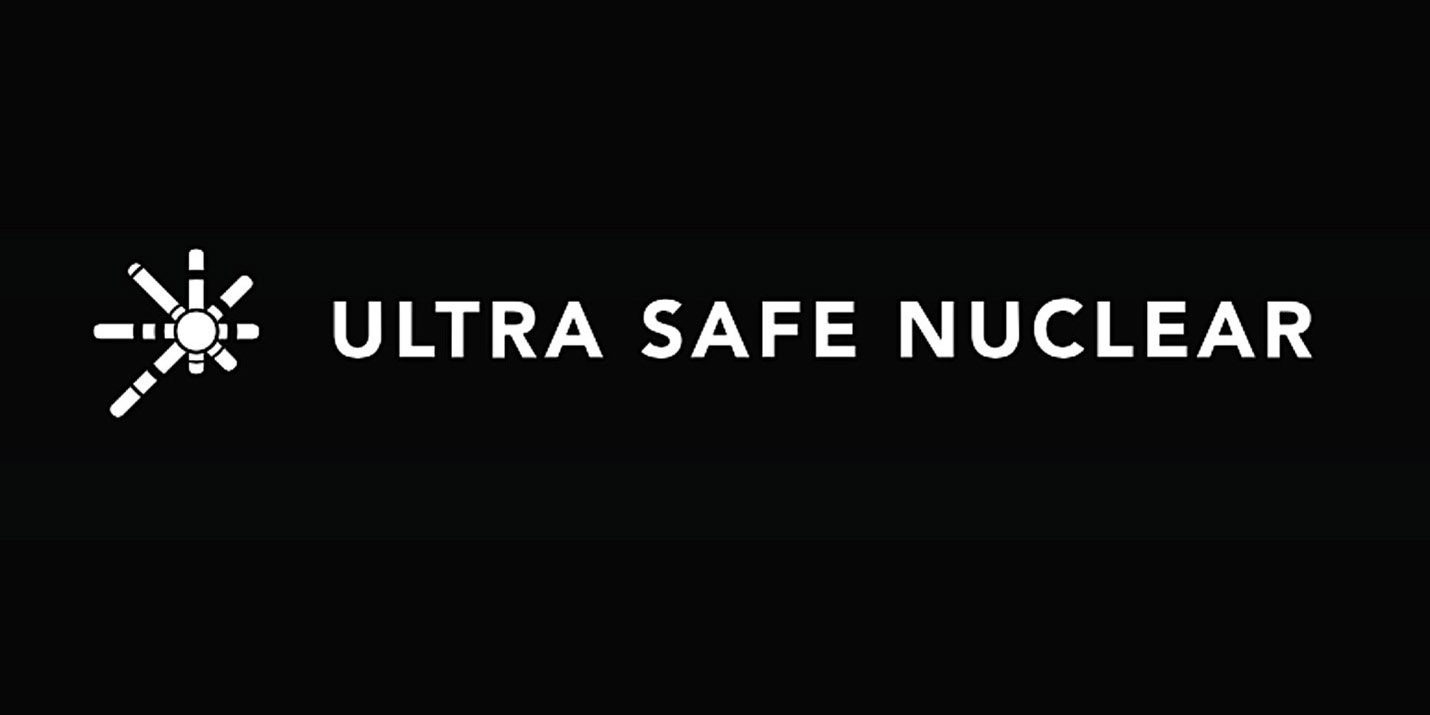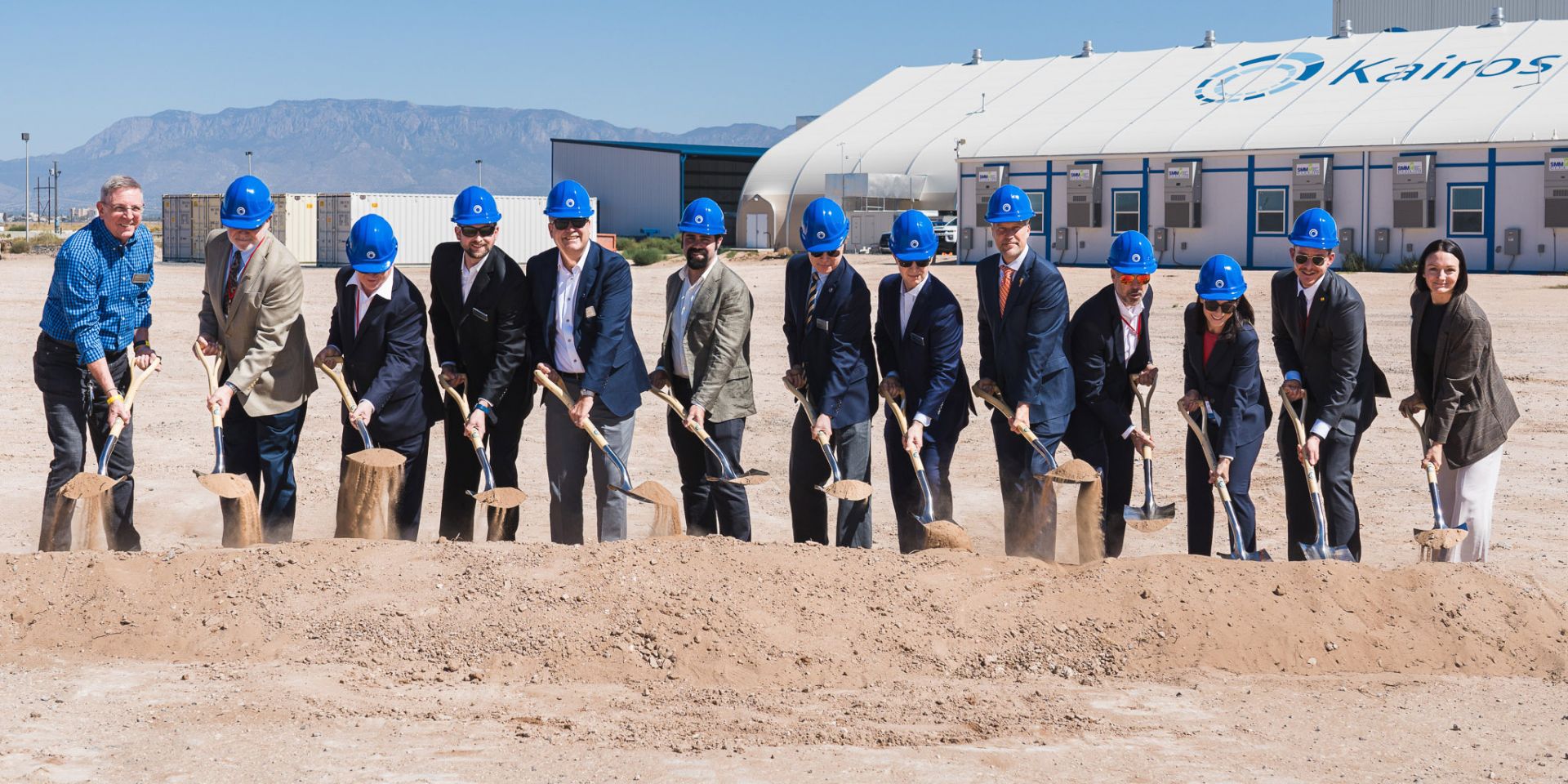Concept art of the Llynfi Energy Project in South Wales. (Source: Last Energy)
American start-up Last Energy has received a letter of interest from the Export-Import Bank of the United States (EXIM), confirming the bank’s willingness to move forward with due diligence for $103.7 million in financing for the company’s project in southern Wales.
Westinghouse’s eVinci microreactor. (Photo: Westinghouse)
Westinghouse Electric Company’s eVinci Advanced Logic System (ALS) Version 2 (v2) instrument and control (I&C) platform has received approval from the U.S. Nuclear Regulatory Commission through a final safety evaluation report on two topical reports.
The eVinci is now the first and only microreactor with an I&C system approved by the NRC, which opens a path to autonomous operation. The approvals also allow the ALS v2 platform to be used by any reactor currently in the U.S. fleet.
This photo of INL’s MFC indicates a plot of land in the foreground, which Aalo says it has been “tentatively” granted by INL. (Image: Aalo)
Aalo Atomics and the Department of Energy announced yesterday that the company has worked with Battelle Energy Alliance and the DOE’s Idaho Operations Office to develop a plan—described as “provisional,” “potential,” and “tentative”—to grant Aalo a one-acre plot of land at Idaho National Laboratory site to build a new facility that would house an experimental reactor. Aalo hopes the reactor, dubbed Aalo-X, will help the company license and commercialize Aalo-1, a 10-MWe sodium-cooled reactor.
A rendering of a data center powered by Radiant's Kaleidos microreactors (shown in the foreground). (Image: Ryan Seper)
Radiant Industries has announced a $100 million Series C funding round to be used primarily to complete its Kaleidos Development Unit (KDU) microreactor for testing in Idaho National Laboratory's Demonstration of Microreactor Experiments (DOME) facility within two years.
Concept art for a Hermes plant. (Image: Kairos Power)
The Nuclear Regulatory Commission announced yesterday that it has directed staff to issue construction permits to Kairos Power for the company's proposed Hermes 2 nonpower test reactor facility to be built at the Heritage Center Industrial Park in Oak Ridge, Tenn. The permits authorize Kairos to build a facility with two 35-MWt test reactors that would use molten salt to cool the reactor cores.
A view of Oklo’s preferred site at INL. (Photo: Oklo)
Oklo Inc. announced yesterday that it has partnered with “two major data center providers” under letters of intent (LOIs) to deliver up to 750 MW of power from multiple 15 MW or 50 MW Oklo microreactors at data centers in “select” undisclosed U.S. markets.
A technician prepares salts for use in MSRE in 1964. (Photo: ORNL)
FLiBe—a mixture of lithium fluoride and beryllium fluoride—is not an off-the-shelf commodity. The Department of Energy suspects that researchers and reactor developers may have a use for the 2,000 kilograms of fluoride-based salt that once ran through the secondary coolant loop of the Molten Salt Reactor Experiment (MSRE) at Oak Ridge National Laboratory.
ANS CEO Craig Piercy welcomes tech industry's plans to build nuclear energy projects
Washington, D.C. — Craig Piercy, CEO of the American Nuclear Society (ANS), issued the following statement:
"The American Nuclear Society applauds the announced partnerships between Google and Kairos Power and by Amazon and X-energy. Together, these deals will add at least 820 megawatts of zero carbon electricity to the U.S. energy supply. This is a major step toward securing the commercial deployment of advanced nuclear technologies that will make the world a cleaner and more prosperous place."
Kairos Power leaders, elected officials, and key partners break ground on the Salt Production Facility at the company’s Manufacturing Development Campus in Mesa del Sol, N.M. (Photo: Kairos Power)
Kairos Power broke ground yesterday on a Salt Production Facility at the company’s newly dedicated Manufacturing Development Campus during an event at a sprawling site in Mesa del Sol, N.M., just south of Albuquerque. The new facility will produce the FLiBe (a mixture of lithium fluoride and beryllium fluoride salts) needed to cool the advanced reactors Kairos Power plans to build, starting with its Hermes nonpower demonstration reactor in Oak Ridge, Tenn., and could be operational and producing salt in 2026, according to an October 3 Department of Energy news release.
Jeff Waksman (left), Project Pele program manager for DOD-SCO, and John Wagner, INL director, at the planned testing site. (Photo: DOD)
The Department of Defense announced September 24 that it has broken ground on the site at Idaho National Laboratory’s Critical Infrastructure Test Range Complex (CITRC) where Project Pele, a transportable 1–5 MWe microreactor, will be tested. The DOD’s Strategic Capabilities Office (SCO) is in charge, on a mission to prove that a mobile microreactor can help meet the DOD’s increasing demand for resilient carbon-free energy for mission-critical operations in remote and austere environments.
Heat pipes transfer heat out of the eVinci microreactor’s core and allow for air cooling without using water or pressurized gas. (Photo: DOE)
Westinghouse Electric Company has completed the front-end engineering and experiment design (FEEED) for a prototype microreactor at Idaho National Laboratory, the Department of Energy recently announced. The one-fifth scale version of eVinci, Westinghouse’s 5-MWe sodium-cooled heat pipe design, is one of three reactors that could be tested at the National Reactor Innovation Center’s (NRIC) DOME test bed “as early as 2026,” the DOE said.
(Image: City of Idaho Falls)
Microreactor developer Aalo Atomics and municipal electric utility Idaho Falls Power have developed a memorandum of understanding that could lead to the siting of seven sodium-cooled microreactors and a power purchase agreement for Idaho Falls.



